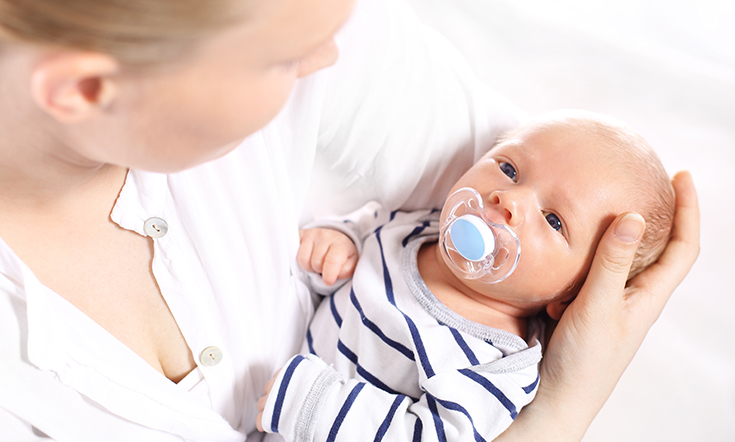

Crying babies are not emotionally able to problem solve then calm themselves, hec, some adults still struggle with that, so be realistic.
Babies need cuddles when distressed, and when calm can be positioned in a safe place where they can squirm around and learn about their body and the world around them.
Newborns may feed often and have short sleeps, which can be followed by a longer sleep of 4-5 hours, then back to short sleeps, again, this is totally normal.
As the months pass, the pattern of longer sleeps emerges and you will see something that looks like a predictable pattern. If however, you are not seeing more than 3 hours sleep at a time by 3 months, it is time to help your baby to settle and stay asleep.
Understanding Behavioural Patterns
It helps your baby understand the flow of the day if it is somewhat predictable, for example:
- You may feed your baby when they wake, then half way through the feed, you change the nappy and return to the feed.
- For more predictability, you may prepare for sleep time by cuddling your baby then wrapping or swaddling after a nappy change, then another cuddle, then into bed.
- The more predictability, the easier it is for your baby … and less stressful if you actually factor in cuddle times so there is no chance your baby will miss out.
Beware; babies become overwhelmed easily so if you are rushing with your care or your are not allowing your baby calm, quiet time, then they may become irritable and unsettled and you are left wondering why your fed baby with a clean nappy, is not settling.
- Overtired babies also struggle to calm, so look for tired signs but if you aren’t really sure, use common sense.
- Babies feed which provides them with energy, then they move around and use up their energy and need to sleep again. This is commonly known as the feed, play, sleep pattern.
- But if you can’t see tired signs then your baby may very quickly become overtired. It is reasonable to think a baby will run out of energy anytime from immediately after a feed (when tiny because feeding may take all the little energy there is) or up to an hour of being awake.
- If you keep a general idea in mind, it will help your baby from becoming overtired and unable to settle for sleep without distress.
- Around 4 months of age it would be reasonable to expect a baby to be able to be awake for a total of around 1 ½ hours before the next sleep.
IMPORTANT NOTE; be flexible because your baby will have some variations and need to go to sleep sooner sometimes. Keep flexibility as your best parenting buddy.























